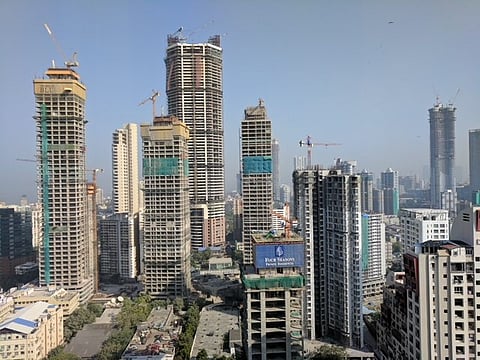
- News
- Columns
- Interviews
- Law Firms
- Apprentice Lawyer
- Legal Jobs
- हिंदी
- ಕನ್ನಡ

Amit H Wadhwani
The Supreme Court of India has by its Order dated March 15, 2018 lifted the ban on construction of new buildings in Mumbai, which was prohibited by the High Court of Bombay by its Judgment dated February 26, 2016, which judgment is popularly known as the ‘Dumping Ground Judgment’.
By way of background, the dumping grounds at Deonar and Mulund in Mumbai had exceeded their limits for dumping construction debris and solid waste. The High Court of Bombay has pursuant to the Dumping Ground Judgment put a stay on construction of new buildings for residential or commercial use, including malls, hotels and restaurants until the civic authorities comply with Municipal Solid Waste (Management and Handling) Rules, 2000 and come up with additional landfill facilities. This stay was not applicable to certain redevelopment projects covered under the Development Control Regulation for Greater Bombay, 1991 or for building proposed to be developed for hospitals and educational institutions.
It is important to note that the Supreme Court of India has under its order made it clear that the order is not intended to set aside or modify the Judgment of the High Court of Bombay. The prohibition on construction has been lifted only in order to explore the possibility of safe methods of permitting certain constructions in the City of Mumbai for a limited period to pave the way for further orders that may be passed. Hence, the order has been issued with certain conditions and restriction as are more particularly set out below. This order, however, clarifies that no construction debris will be disposed at Deonar or Mulund dumping sites. The Court has listed the matter after 6 months.
All of us are aware about the recent slowdown and turmoil in the real estate sector in the past year and a half caused by 4 factors (i.e. Demonetization, RERA, GST and Bankruptcy Code). This order is a welcome retreat for real estate developers in Mumbai. It has brought about a huge sigh of relief amongst them and is looked upon as the dawn of revival of the real estate sector in Mumbai.
Following are the salient features of the Order dated March 15, 2018 delivered by the Supreme Court of India:
Read Order
Amit H Wadhwani is a practicing Advocate and a Legal Consultant to Radius Developers, a Sanjay Chhabria Venture.
